socialnetworking
Latest
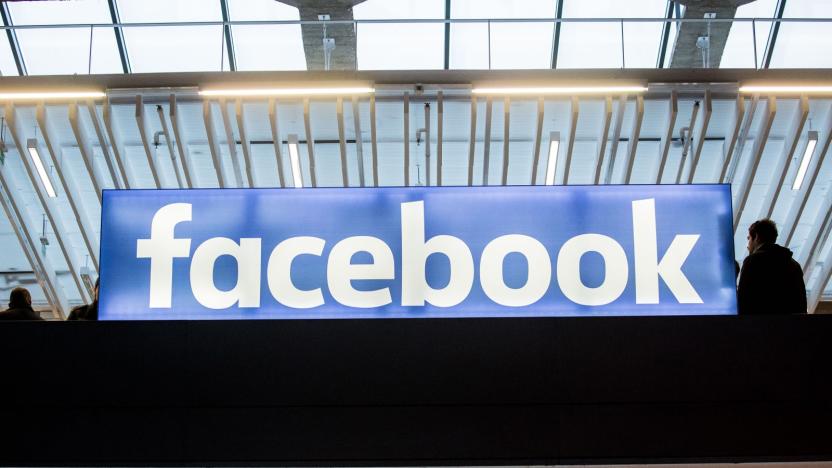
Facebook says it has 'work to do' improving moderator job conditions
Facebook hasn't been shy about hiring thousands of moderators to screen content that violates its policies, but there hasn't been much insight into conditions for those moderators. And unfortunately, it doesn't look great -- The Verge posted an exposé revealing that at least some contractors struggle with anxiety, trauma, inadequate counseling, micro-managing team leaders and low pay. To that end, Facebook Global Operations VP Justin Osofsky has issued a response where it explained its practices and how it might address the problems in the report.
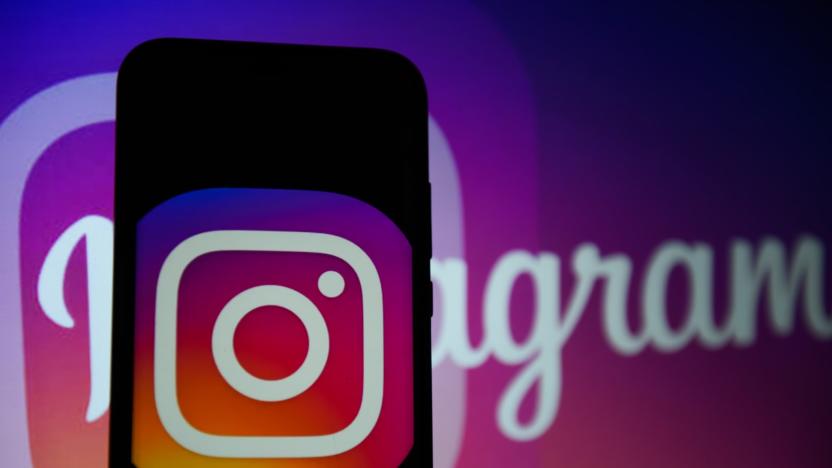
Instagram code hints at Pinterest-style public collections
Instagram hasn't been shy about borrowing a page from Pinterest's book through its Collections feature, and it might be ready to take things a step further. Software sleuth Jane Manchun Wong has discovered that Instagram for Android includes hidden code for public Collections. You could not only share favorite travel destinations or fashion items with the world, but add contributors to help fill out your list.

Facebook allowed advertisers to target users interested in Nazism
Facebook still has some work to do if it wants to eliminate racist criteria from its ad targeting. The company has pulled numerous audience groupings from its ad plaform after the LA Times discovered that advertisers could target ads for people interested in racist leaders and groups, including Nazi leader slike Joseph Goebbels and a neo-Nazi punk band. These potentially reached hundreds of thousands of users. Company spokesman Joe Osborne said these ad categories were rarely used and typically focused on historical material, but he also acknowledged that the company should have spotted them sooner and could do better.

Pinterest blocks some searches to curb anti-vaccination myths
Social networks have made a number of efforts to halt the spread of anti-vaccination myths, but Pinterest recently took things a step further: it's curbing all talk about vaccination. The site has revealed to the Wall Street Journal that it blocked vaccination-related search terms late in 2018 to limit misinformation until it had a more effective way of filtering content. The company tried to pull the misleading material, but found that it couldn't remove all of it.

Social app Peach is looking for a benefactor on Twitter
Remember Peach? The social network from Vine founder Dom Hoffmann was briefly all the rage, but petered out as the realities of competing with Twitter (and every other social network) set in. It's been largely coasting since then, but now its team is looking for a helping hand. The Peach team has put out a call (ironically, on Twitter) for a "patron" that could keep its service running. After returning from a roughly two-week outage, the developers realized that passive upkeep "isn't cutting it" -- they need someone who can spare the resources to properly maintain Peach. That isn't possible for a small company that has "another big project" in the pipeline, according to the creators.
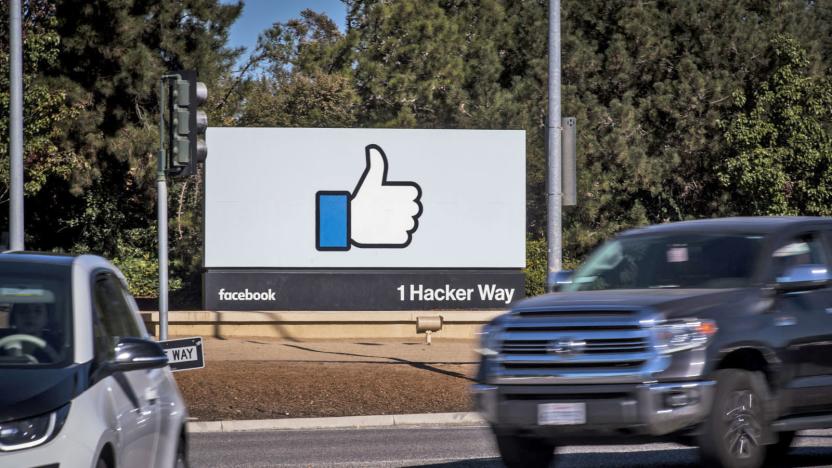
House committee hopes to question Facebook over group privacy
Facebook is facing even more government scrutiny this week. Members of the House of Representatives' Energy and Commerce Committee have asked to meet Facebook over concerns about group privacy. They're responding to an FTC complaint alleging that the social network exposed the sensitive information of group members. Women in a discussion group for the BRCA gene mutation found out that it was possible to download personal data (such as email addresses and names) in bulk, making it too easy to share info outside the group.

Mueller subpoenas Cambridge Analytica director in Russia probe
Cambridge Analytica may be no more, but those connected to it are facing an increasing amount of scrutiny. Former business development director Brittany Kaiser has confirmed to The Guardian through a spokesman that US special counsel Robert Mueller subpoenaed her as part of a broader investigation into potential links between President Trump's election campaign and the Russian government. While the exact nature of the questioning hasn't been made public, Kaiser said it came soon after she'd acknowledged meeting WikiLeaks founder Julian Assange in February 2017.
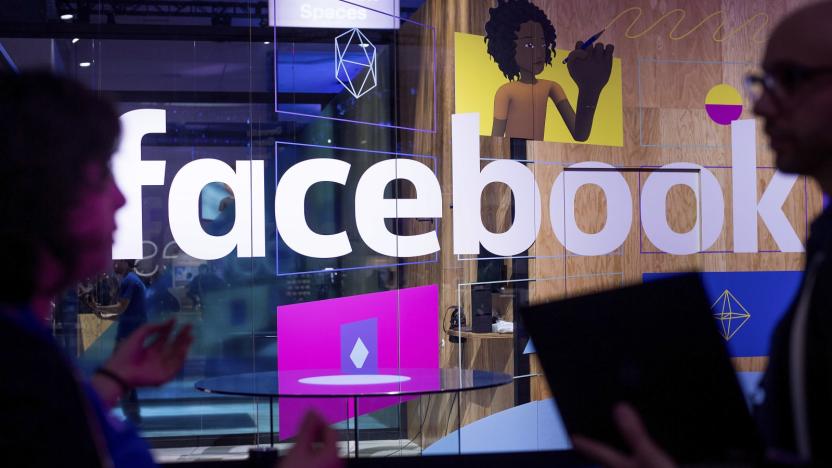
UK parliament report will call for 'sweeping' regulation of Facebook
The UK Parliament's Facebook document dump is close to creating serious legal trouble for the social network. According to The Guardian, the Digital, Culture, Media and Sport Committee plans to release a report on February 18th calling on the UK government to enact "sweeping" legislation regulating Facebook's activities. The findings will assert that Facebook can't be trusted to police its own data handling, and that CEO Mark Zuckerberg has been "duplicitous."

Facebook suspends Pages from Russia-linked viral video company
Facebook's crackdown on Russia-linked accounts has usually taken down outlets with a relatively small presence, but its latest move is more substantial. The social network has suspended three Pages from Maffick Media, a viral video outlet that has racked up 30 million views in the space of a few months, over a lack of disclosure. Maffick is majority-owned by Ruptly, a subsidiary of the Russia-backed outlet RT, but didn't mention this on any of its Pages, including politically slanted ones like Soapbox and Backthen. Facebook doesn't officially require disclosure for Pages' parent companies like it does for political ads, but a spokesperson told CNN that it would ask for disclosure as part of an effort to give people "more information about the Pages they follow."
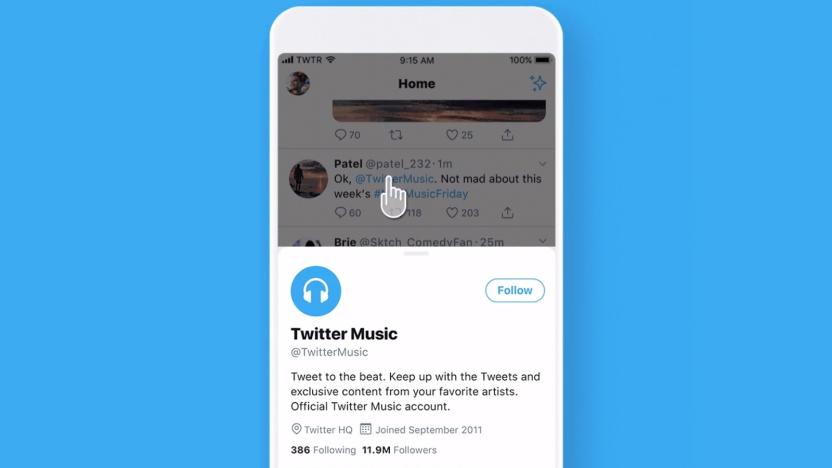
Twitter's profile preview test makes it easier to spot creeps
Twitter might just make it a little easier to silence unwanted attention from strangers -- or to forge a new friendship. It's testing profile previews in its iOS app that show more about a user without taking you away from your timeline. If you're included in the test, tapping on a user's @ handle in a tweet will show a card with their basic details and give you an option to follow or mute them. You can either return to your usual browsing or view their full profile if you need more details.
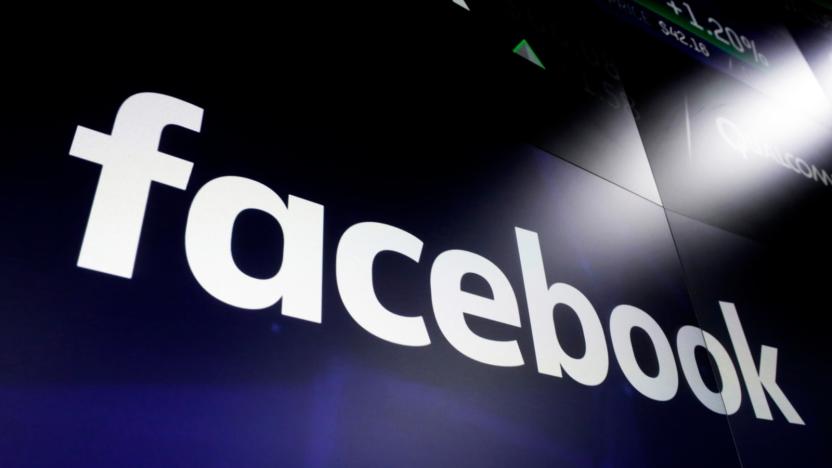
Facebook will show who uploaded your contact info for targeted ads
Facebook has taken some steps to prevent companies from recklessly using your data for targeted ads, but now it might put pressure on them to come clean. As of February 28th, Facebook's "why am I seeing this ad?" button will show who (if anyone) uploaded the contact info that led to a sales pitch. You'll know if it comes straight from the source, like a retailer, or if the company relied on an outside partner to gather the data.
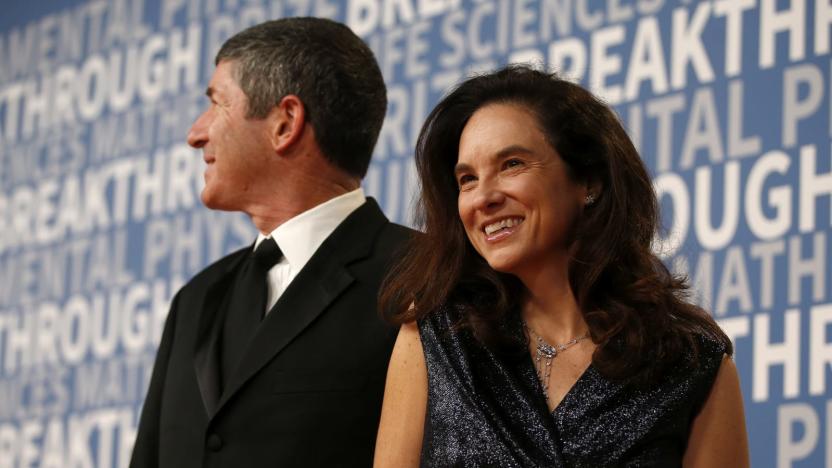
Facebook's head of PR leaves amid ongoing crises
Facebook is seemingly bouncing from crisis to crisis. It might not be happy, then, that the company's leading communications exec is heading for the exit. Recode has learned that Technology Communications VP Caryn Marooney (pictured at right) is leaving Facebook after eight years at the company. There's no mention of why Marooney is leaving, although she painted it as an amicable departure. "I have more faith in Facebook than ever," she said.

Facebook at 15: The long road to social media dominance
Facebook's come a long way since it launched 15 years ago today, on February 4th, 2004. Known as TheFacebook.com when it was created by Mark Zuckerberg and friends from Harvard, the service has gone from a "directory of information for college students" to a social media giant with more than 2.32 billion users every month. And that's not even counting people using services it acquired over the past few years, such as Instagram and WhatsApp, each with more than 1.3 billion users of their own. But while Facebook has had plenty of impressive milestones in its history, it has also dealt with a good deal of controversies. From the Cambridge Analytica data privacy scandal to the spread of fake news on its site, Facebook has had to put out a lot of fires, especially in recent years. So, as the company turns 15, let's go back in time and take a look at 15 of the biggest Facebook headlines since it was born.
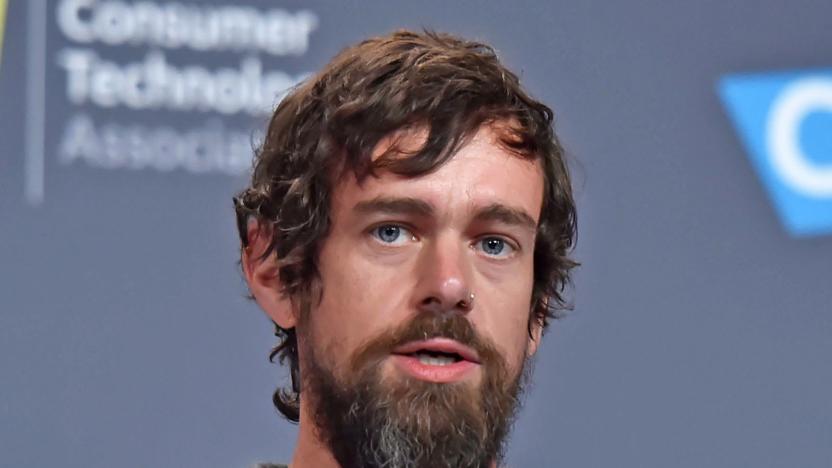
Twitter's Jack Dorsey explains how editing tweets might work
Twitter chief Jack Dorsey has mused about letting people edit tweets in the past, but now he's providing an inkling of how it might work. In a conversation with Joe Rogan, Dorsey suggested that Twitter could introduce a short time window where you can tweak a post before it's set in stone. He floated a "5-second to 30-second delay" as an example, and hinted that Twitter might be "dynamic" depending on the context. He wouldn't want this to last too long, though, as it would rob posts of their "real-time nature."

Recommended Reading: What happens to your brain when you quit Facebook?
This is your brain off Facebook Benedict Carey, The New York Times The decision to quit Facebook is all the rage these days, especially following an ever-growing number of data and privacy revelations. The New York Times offers a detailed look at a study from New York University and Stanford that found Facebook users generally felt better after quitting the social network, and those who came back used it less. There are always caveats, of course, but the findings lend some credibility to the idea that health benefits accompany the "Delete Facebook" craze.

Mozilla says Facebook isn't transparent enough with political ads
It's not just activist groups complaining that Facebook's browser add-on policies are hurting political ad transparency. Mozilla has sent a letter to the European Commission contending that Facebook's approach is creating a "lack of transparency." The browser developer wants to launch a Firefox Election package for the EU's upcoming parliamentary elections, but Facebook's recent changes will prevent an add-on in that package from identifying ads and showing how they're targeting users. Mozilla further noted that Facebook's political ad archive toolkit is still private and limited to a "small number of privileged researchers."

Study suggests Facebook users are happier if they leave for a month
You've no doubt heard anecdotal evidence of Facebook users feeling better after they've quit the social network, but how often does that help, really? A fair amount, according to researchers. A study (PDF) from New York University and Stanford showed that Facebook users were happier, more satisfied with life and slightly less likely to feel anxious, depressed or lonely. They also used other social networks less, and used Facebook less when they came back.
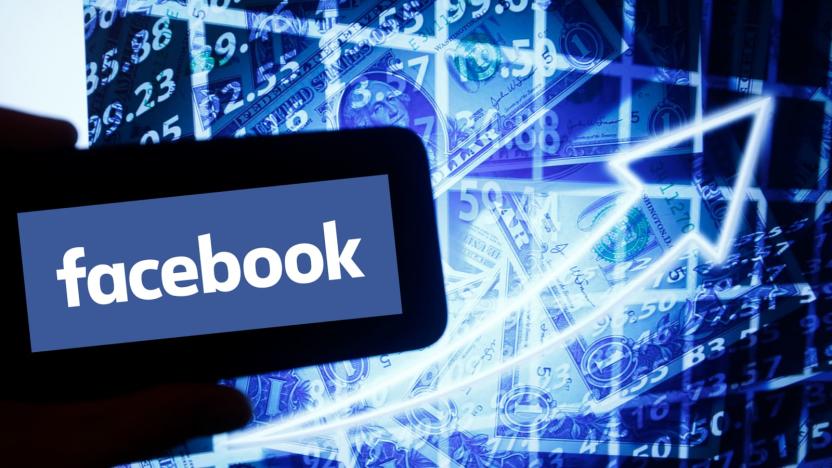
Facebook's scandals aren't stopping it from making tons of money
We're all well aware that Facebook had a dreadful 2018, and 2019 isn't looking any better, what with the company being plagued by scandals surrounding data privacy and the spread of toxic content on its site. But despite those controversies, Facebook's business has continued to rack up billions of dollars over the past few months, although its user growth has indeed started to slow down a bit. And now we know how Facebook closed out the year, thanks to its Q4 2018 earnings report. Today, the social network giant reported that it earned $16.9 billion in revenue, up 30 percent year-over-year. Monthly active users reached 2.32 billion, up nine percent over a year ago.
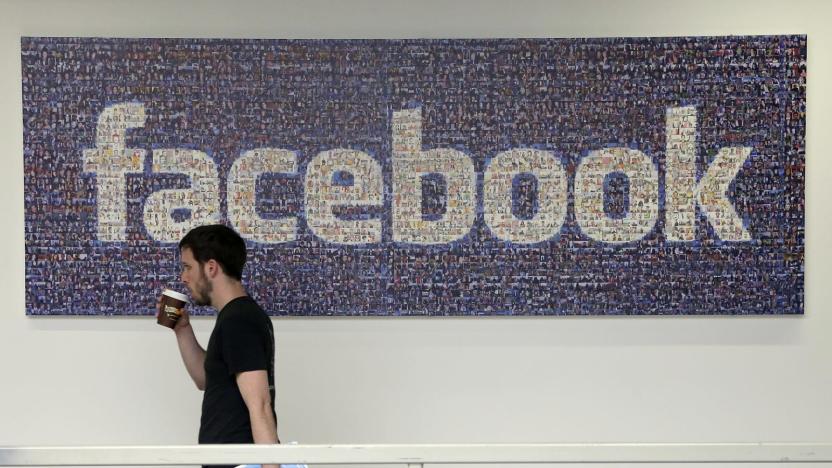
Apple bans Facebook from running internal iOS apps following data misuse
Apple isn't taking chances just because Facebook is shutting down the iOS version of its controversial research app. The company told Recode in a statement that it was revoking the enterprise certificates Facebook had been using to distribute the software outside of the App Store. The social network's use of business certificates to distribute apps to non-employees was a "clear breach" of its agreement with Apple, a spokesperson said. However, while the pay-for-user-data app was the main offender, the decision appears to have had broader consequences for Facebook -- numerous internal tools might not work.
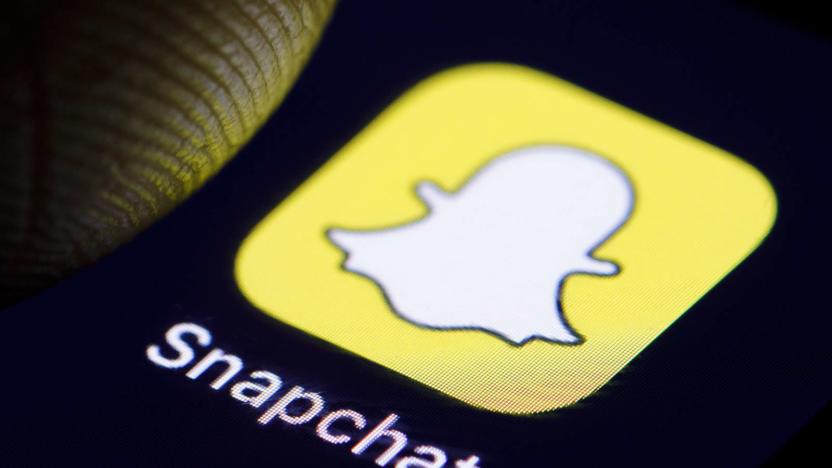
Snapchat may allow public Stories that don't disappear
Snapchat's allure has largely revolved around the disappearing nature of its content, but that might not be the case for some material in the future. Reuters tipsters claim Snap is consider making public Stories (that is, ones that show up in Our Story) last longer, or even permanently. You could still delete them yourself, but they wouldn't automatically vanish. The company is reportedly thinking about revealing the identities of Snapchat users who make public posts, too. Private snaps would remain as ephemeral as ever, so you wouldn't have to worry about a permanent record of your hot gossip.


